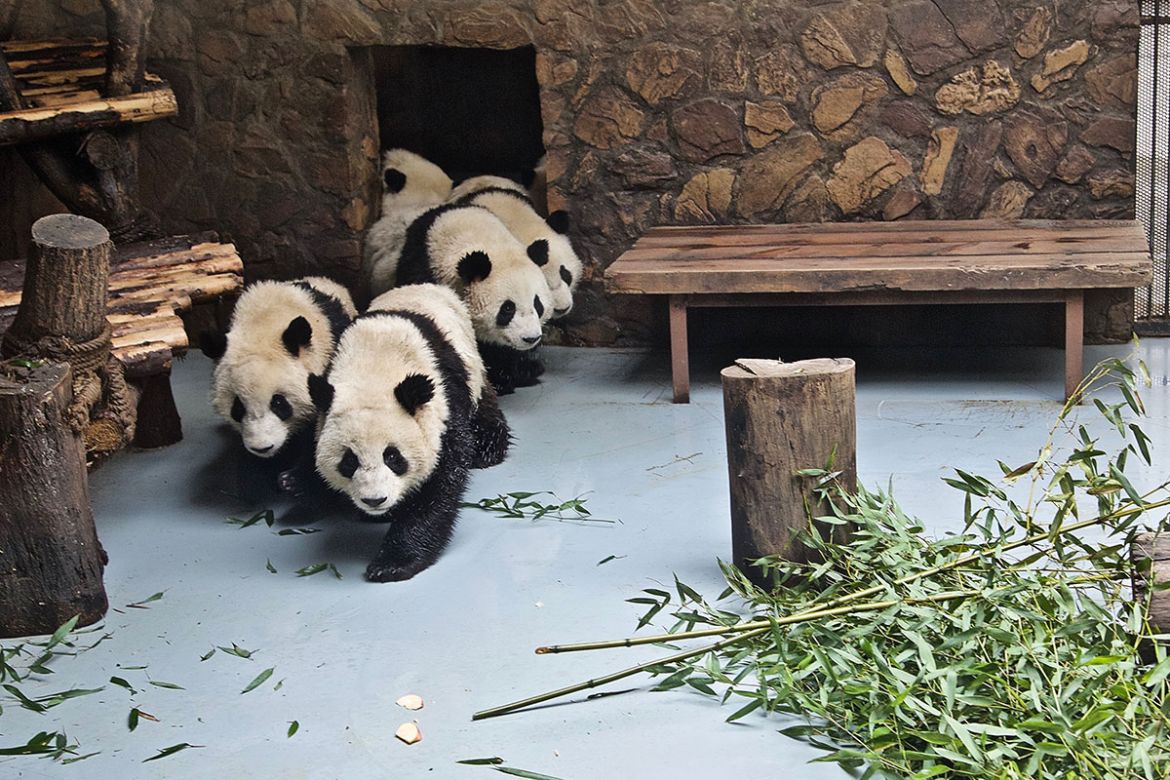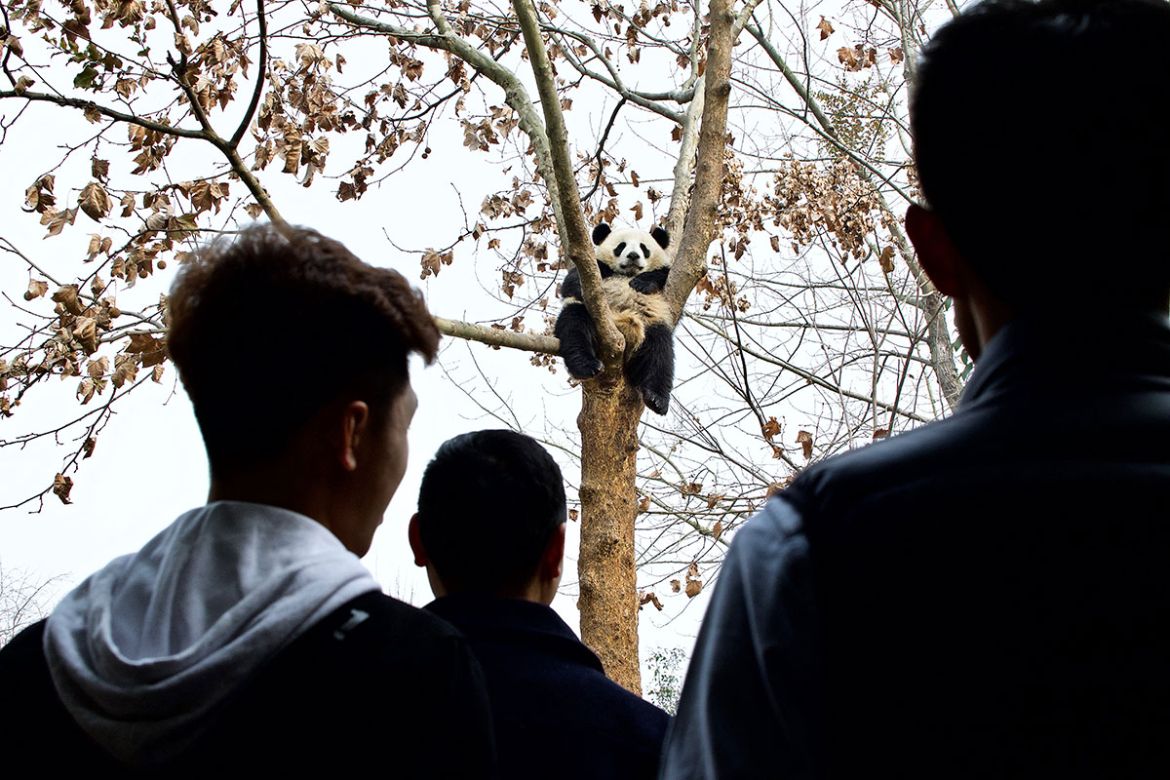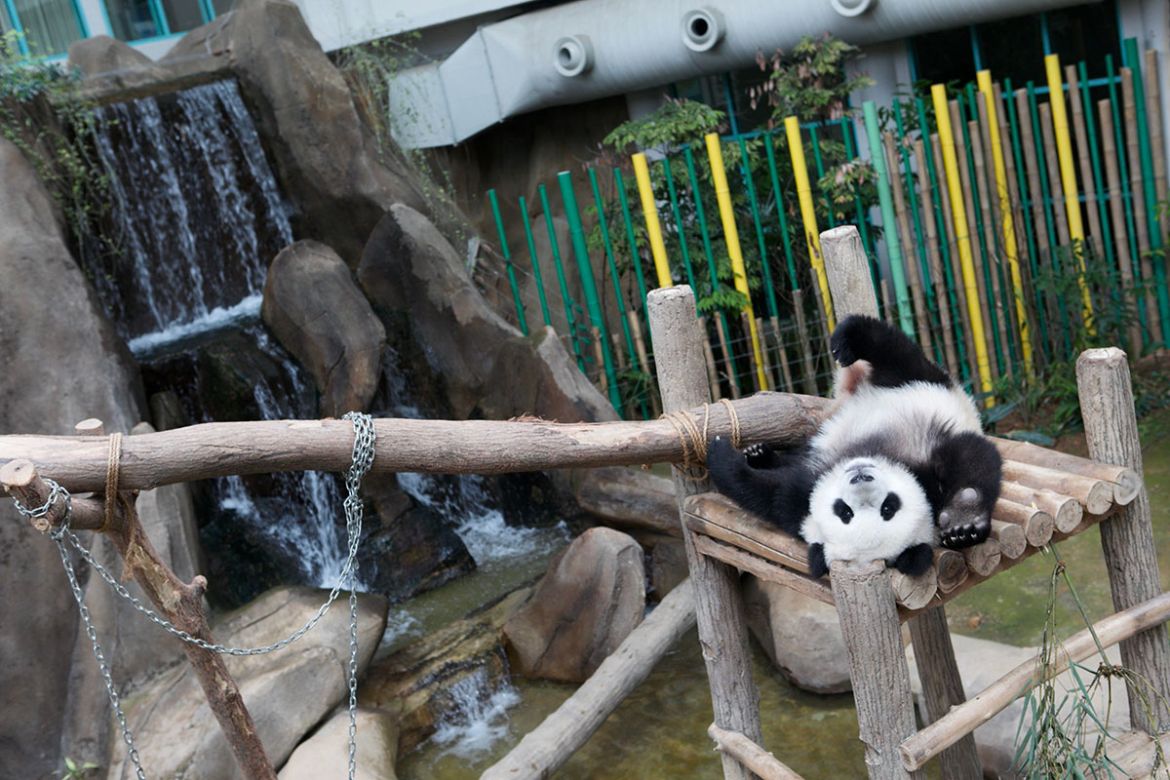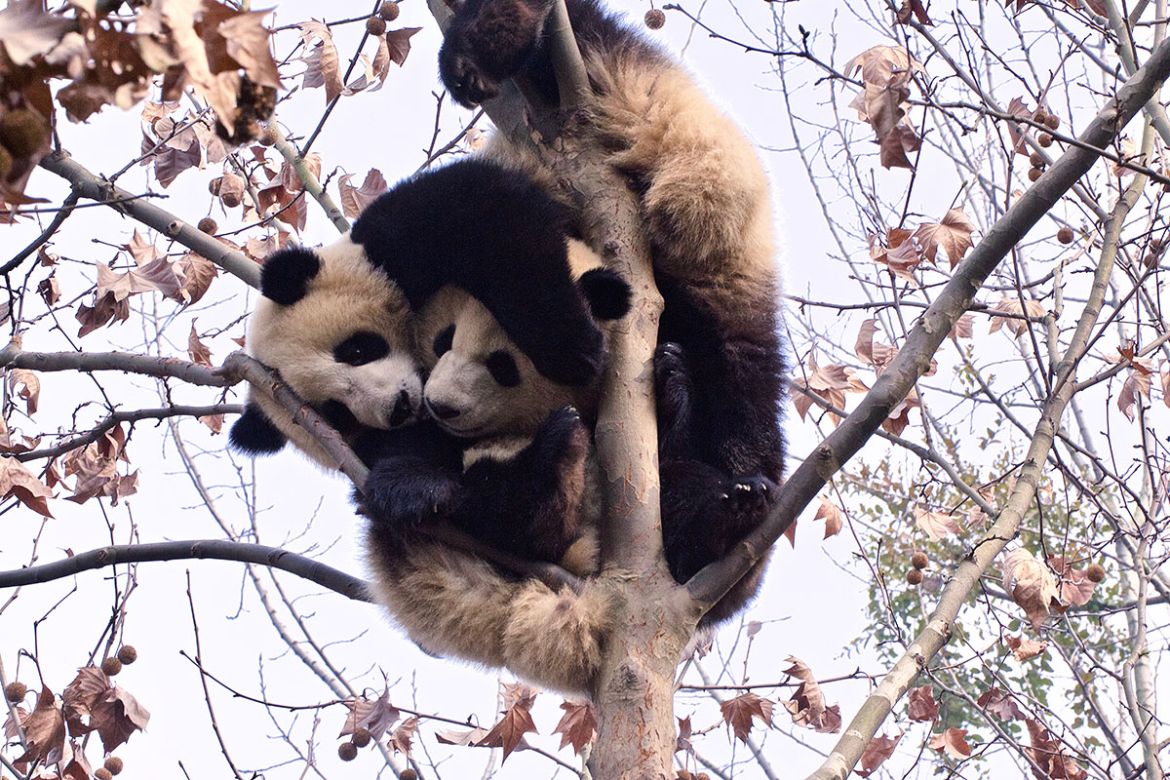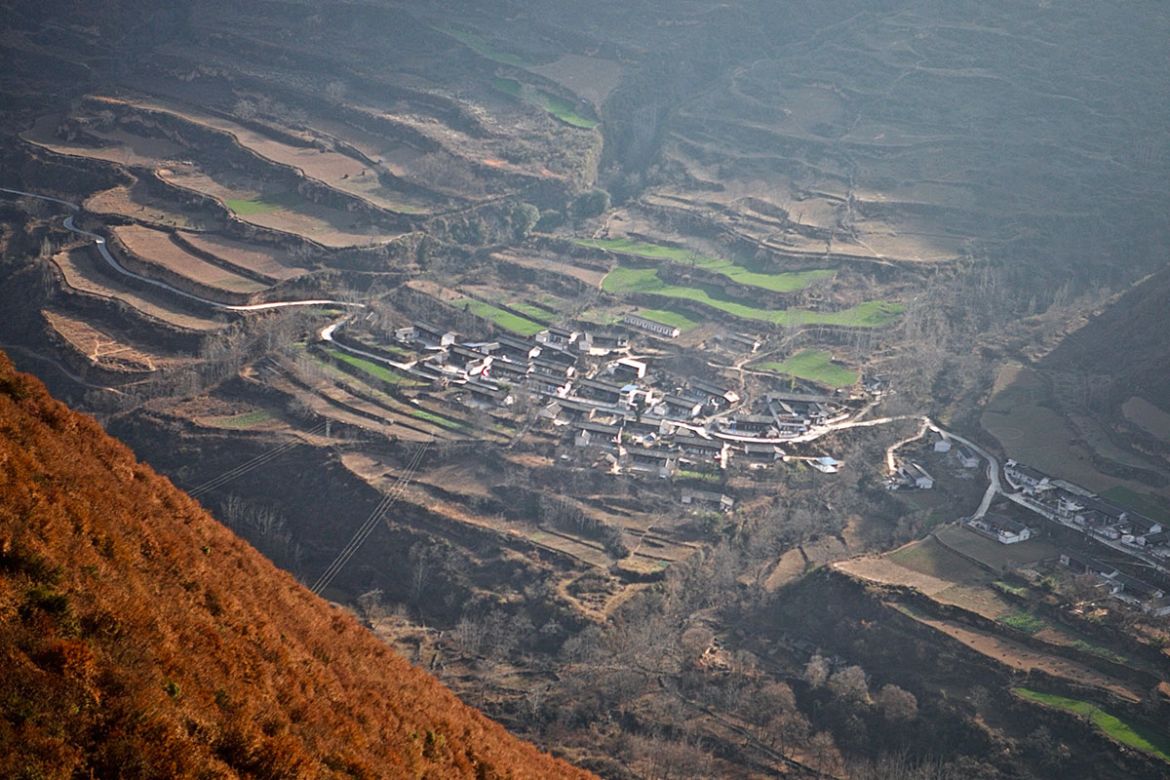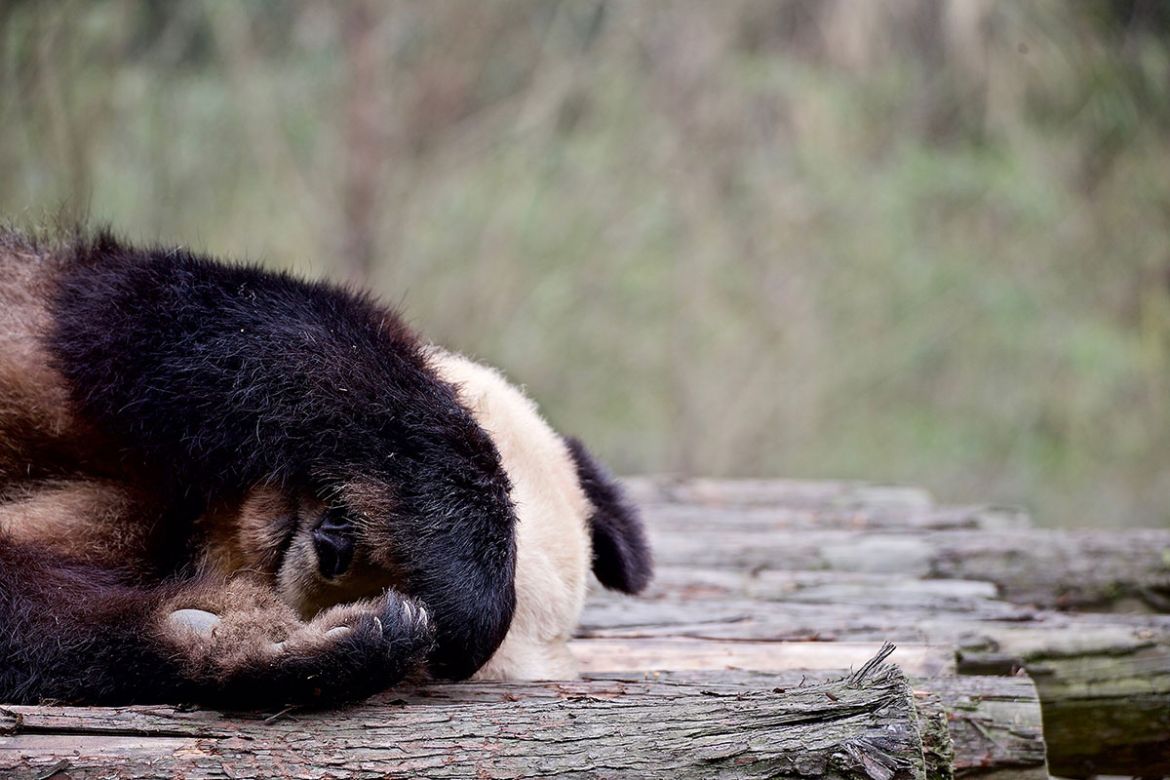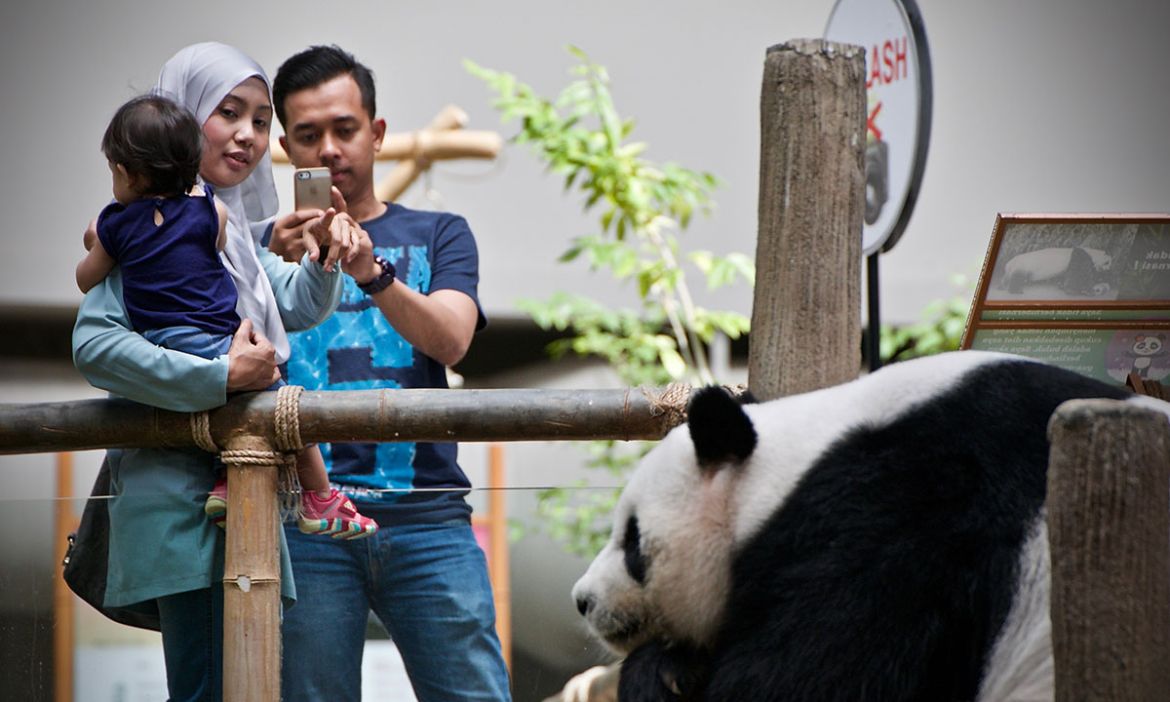In Pictures
Saving China’s pandas
Are pandas destined to survive only in captivity?

Published On 15 Apr 2017
There are now more pandas in zoos around the world than ever before. Thanks to developments in artificial insemination, captive panda populations have grown to more than 450.
Despite this, some wildlife experts warn that the species is in grave danger.
Human encroachment from housing developments and mining present a major threat to wild panda populations.
101 East reporter Steve Chao travelled to one of the largest panda breeding centres in China to find out if captive pandas can ever return to the wild.
